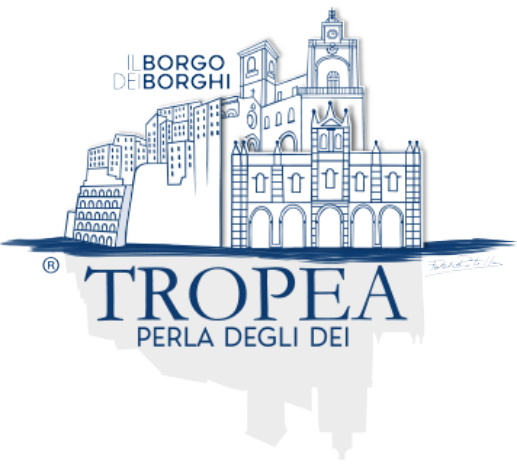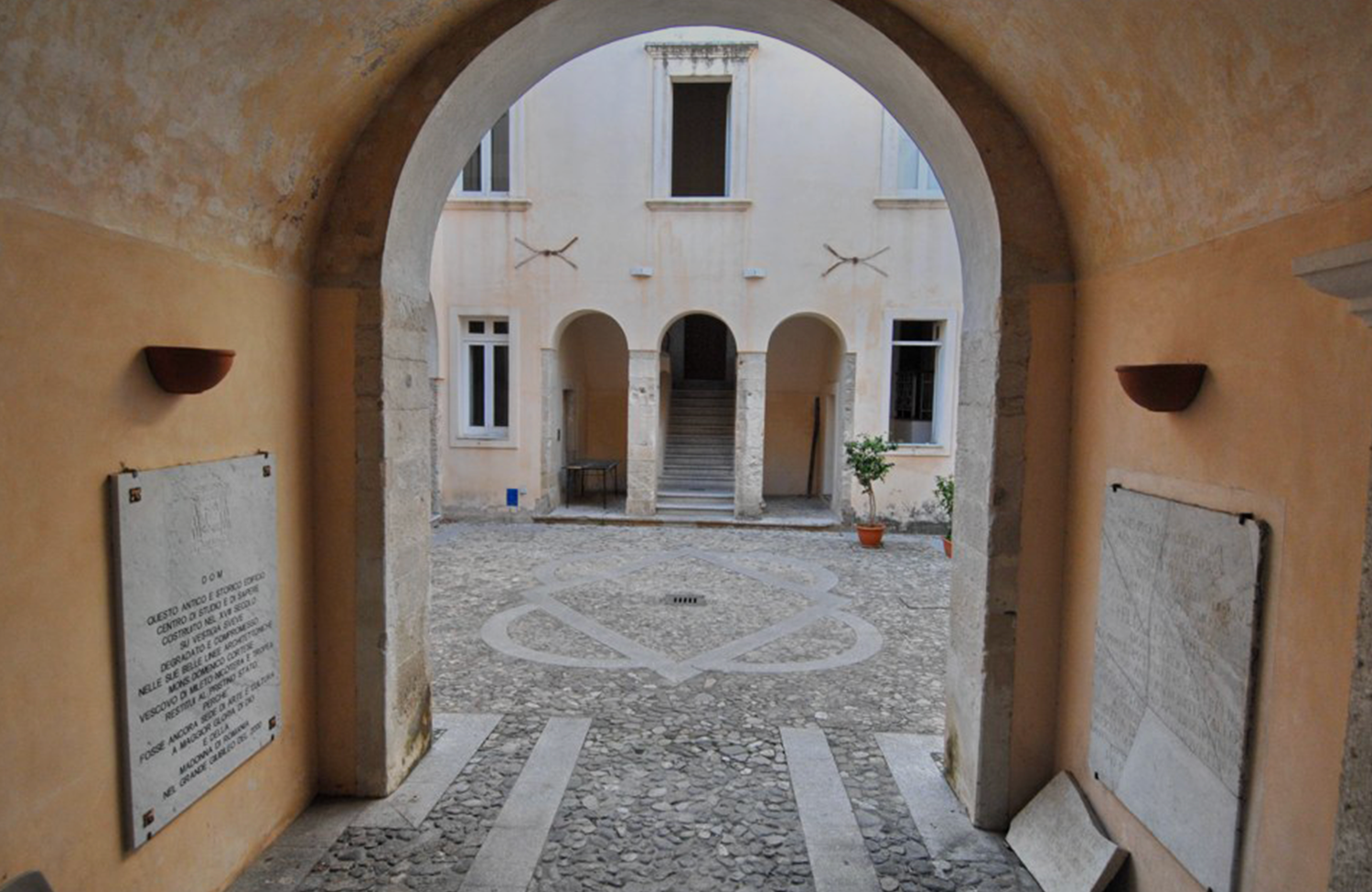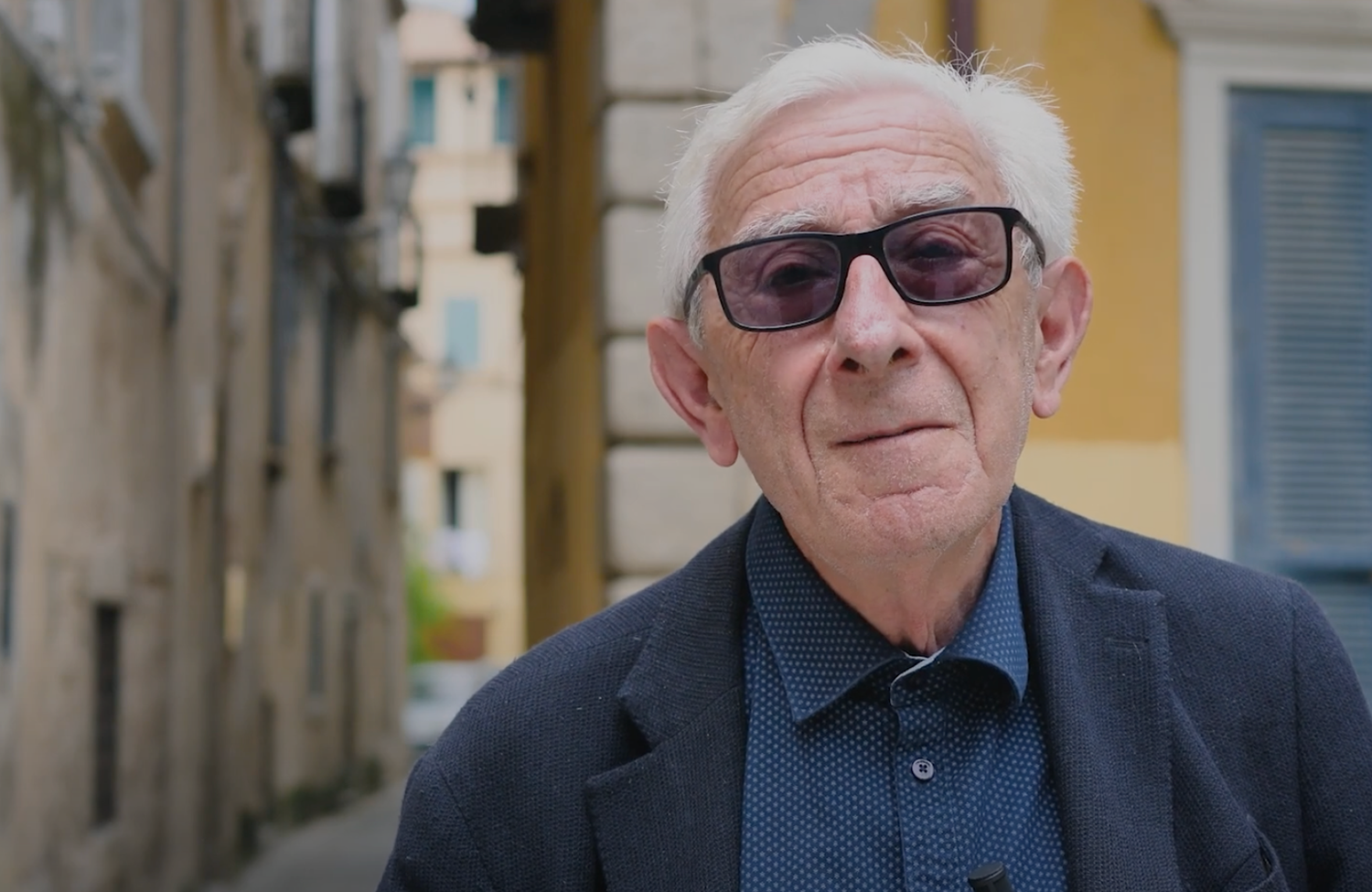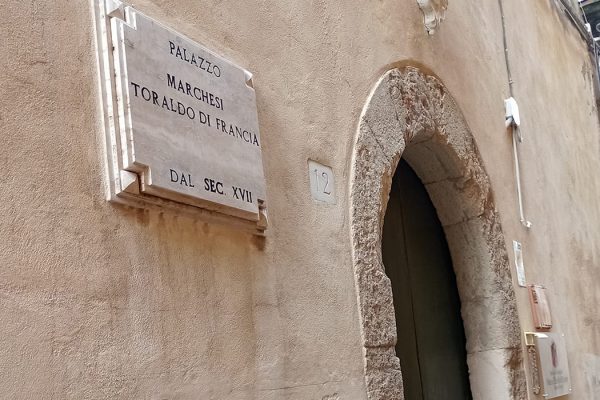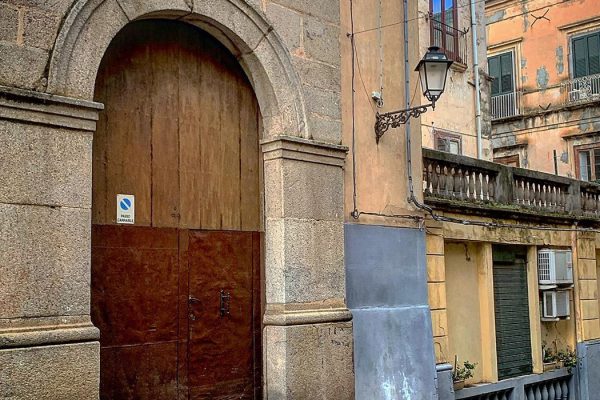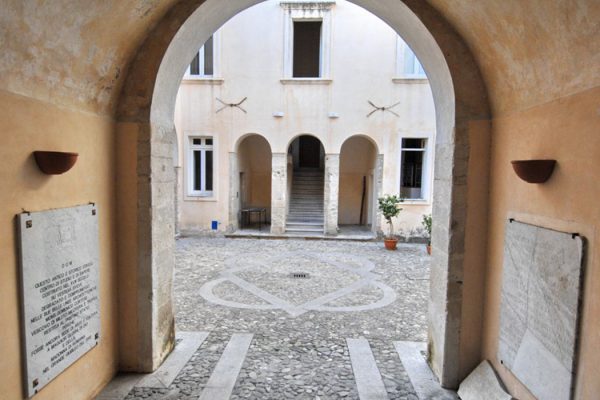The bibliographic and archival heritage of Tropea
The bibliographic and archival heritage of Tropea
The civil and religious history of this Tyrrhenian city preserved in the ancient texts of two important private collections and in the diocesan library, being central places of the city’s memory.
The Diocesan Library is the result of mergers of book collections from various origins, not only ecclesiastical, merged into the original nucleus, consisting of texts of canon law, theology, philosophy, patristic literature, liturgy, but also scientific, mathematical and literary texts. These were joined by those of the Bishops’ library, including the books of Monsignor Michelangelo Franchini, Monsignor Luigi Vaccari and Monsignor Domenico Taccone Gallucci, which was located in the bishop’s palace in Largo Vaccari, the nineteenth-twentieth-century seat of the prelates fo Tropea. Don Francesco Mottola, rector of the seminary between 1929 and 1942, tried to expand the library, asking the parish priests of the city to donate their private collections to the Institute, which did Don Saverio Cortese, pastor of the Church of Santa Caterina and Don Vincenzo Laureana, a priest from nearby Parghelia. But the collection doubled its consistency in the 1950s, during the presulative of Monsignor Agostino Saba, thanks to the donation of almost the entire Library of the Counts Scrugli of Tropea, a collection rich in legal, historical and archaeological texts of great interest, established between the Seventh and Nineteenth century, by two canons of the family. Also noteworthy is the presence of six parchment choirs from the early 16th century, and a large number of sixteenth and seventeenth century pieces. Relocated to the Episcopal Curia of Mileto, there is also the Diocesan Historical Archive, which preserves manuscripts and documents relating to the religious and social events of Tropea and of the entire Diocese. Its consistency is about 650 envelopes, registers and 10 parchments. They have chronological details between 1500 and 1979 and the collection of documents consist of volumes of beatification processes (1709-1915), capitular, curial and patrimonial, pastoral visits, benefits, censuses, ordinations and tonsures.
The Toraldo di Francia Archive, located in the seventeenth-century Palazzo Toraldo di Francia in via Lauro, preserves material relating to the events of the two families that boast authoritative exponents of ecclesiastical and political power since ancient times, and is therefore an extremely relevant collection for the history of the city. The origins of the noble Toraldo and di Francia families in fact date back to one Landolfo, who arrived in the Kingdom of Naples in the wake of Emperor Frederick II, while the other family tree has French ancestors. Alfonso Toraldo settled in Tropea at the end of the 14th century, di Francia family is instead attested in 1558 with Giovan Battista. The archive includes 37 parchments from the 13th-18th centuries, including Angevin privileges, 4 handwritten books of memories from the 17th-19th centuries, a register of authentic notarial copies relating to the Adesi family, registered in the Seat of the Nobles of Tropea since 1266, and 18 correspondence envelopes of the Toraldo family of the sec. XVII-XIX. Finally, conserved in the Toraldo Palace located in Largo Lydia Toraldo Serra, is the Toraldo Serra Archive, an irreplaceable source for studies and insights. It consists of manuscripts, parchments, private deeds, accounting and documents concerning not only the family events of the Toraldo Serra marquises, but also those of the city and its territory. The documentary collection consists of 50 parchments from the 14th-19th centuries, 100 envelopes from the 14th-20th centuries, 4 volumes and a Book of ancient notaries from 1790. Two Books of Privileges from the City of Tropea dated 1560 and 1576 are relevant as well.
